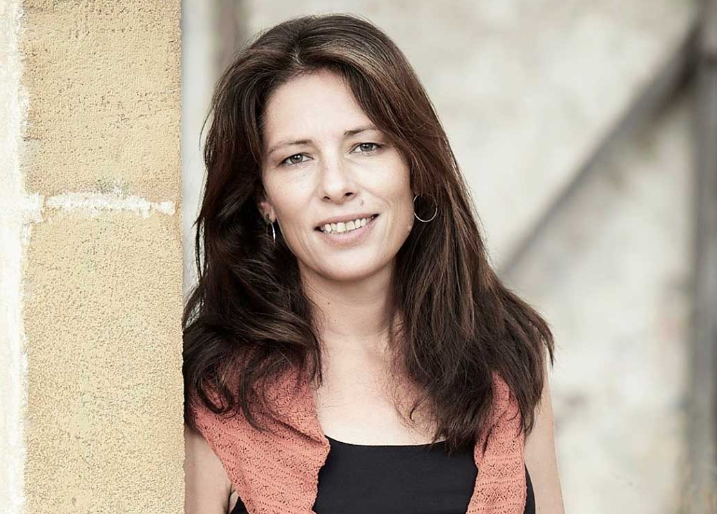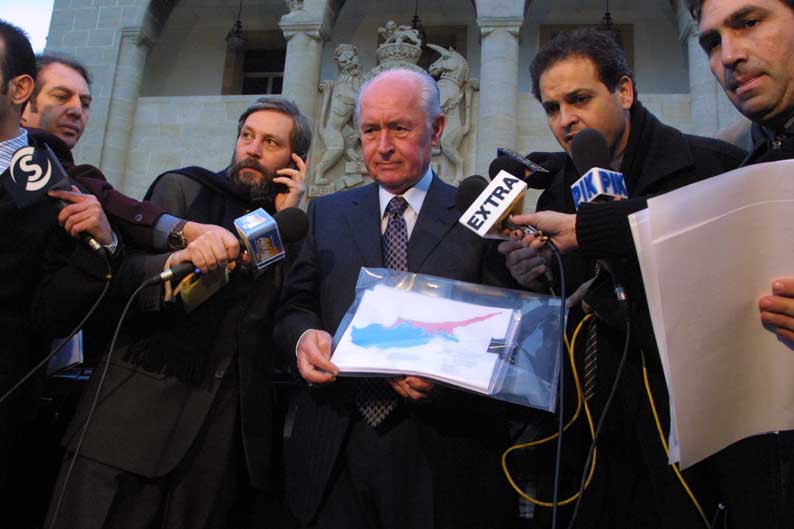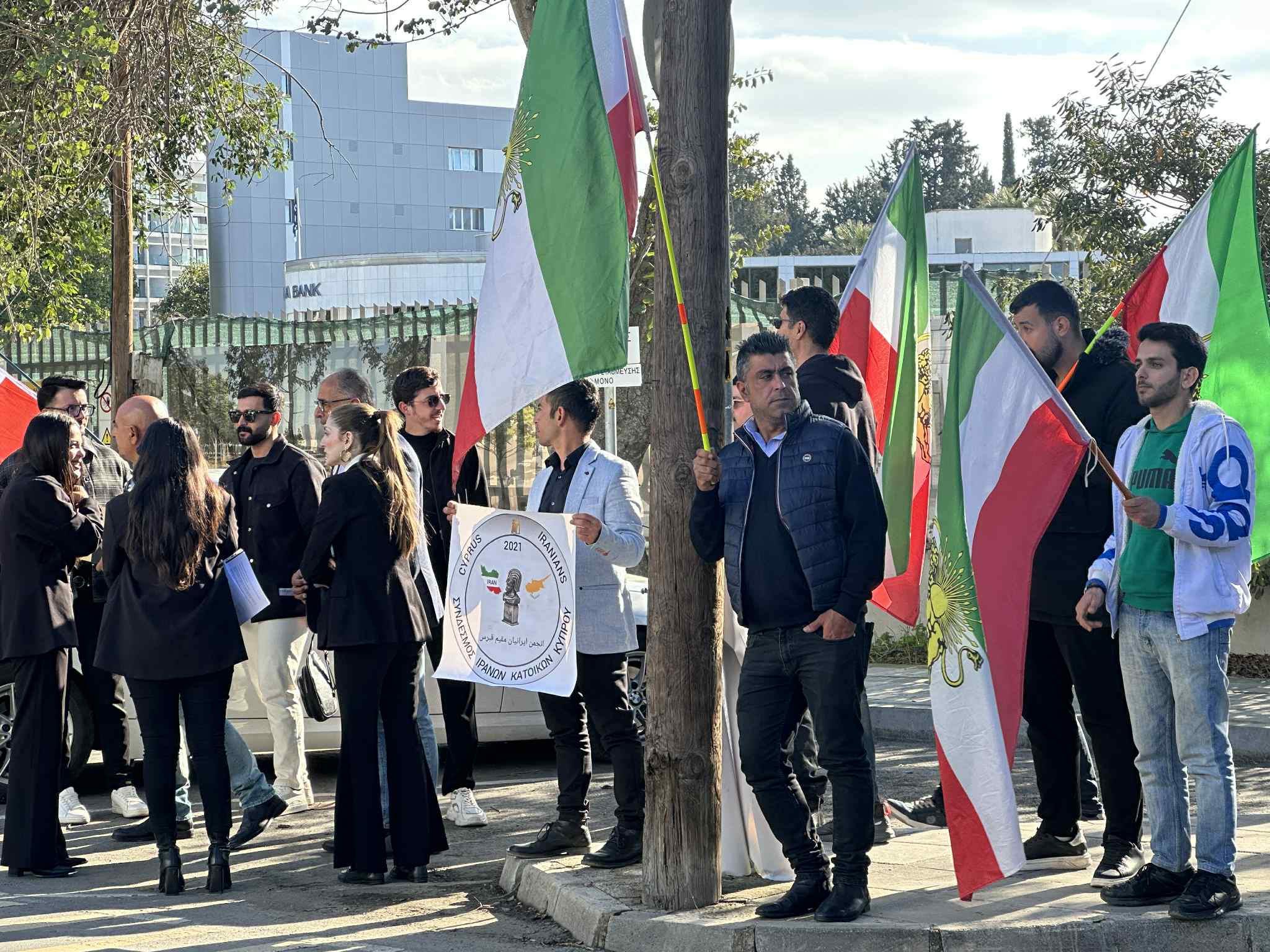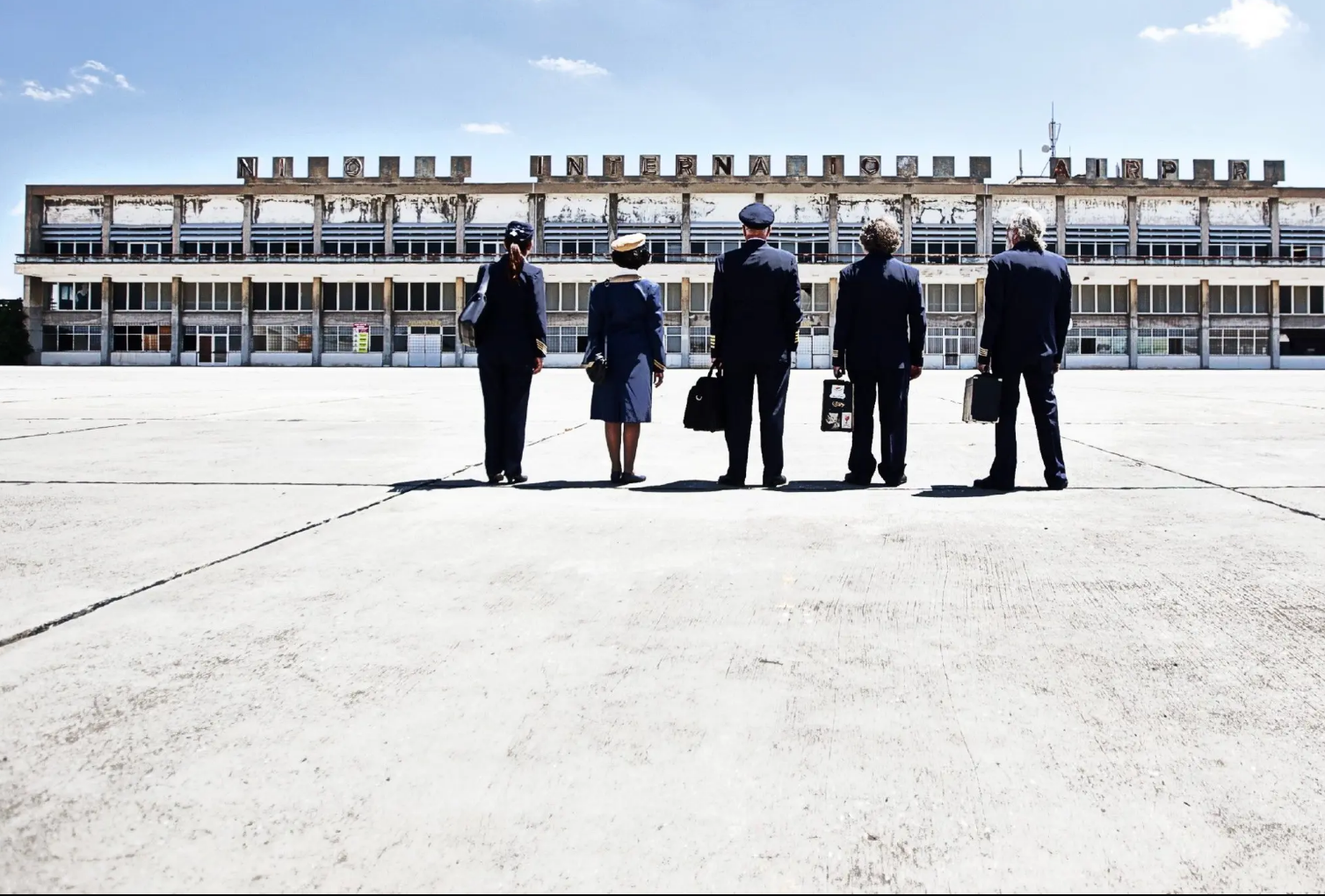Post-pandemic realities, labour shortages and a new generation of workers are pushing Cypriot employers to turn well-being into strategy, not symbolism
The Covid-19 pandemic was a catalyst for change, prompting people to think more deeply about their well-being – both at home and in the workplace.
For Katerina Andreou, founder of HR Innovate, an international recruitment agency based in Nicosia, “Covid was a game changer. Out of necessity, employers had to reach employees on a more human level, accommodate restrictions, and adapt their business models. Many initiatives were born from that.”
In broad terms, corporate social responsibility (CSR), as defined by Dr Marinos Voukis, Chair of the Board of Directors of CSR Cyprus, refers to the ethical operation of companies and their contribution to sustainable development through social and environmental engagement.
“Today, CSR encompasses a wide spectrum, integrating environmental stewardship, social equity, diversity and inclusion, and ethical governance,” Voukis explains. “It also serves as a means to advance the 17 sustainable development goals and the 2030 Agenda, paving the way for a brighter future.”
A strong CSR strategy, he adds, naturally includes a strong focus on employee well-being. Regardless of a company’s size, this can take many forms – professional development, health initiatives, educational training and efforts to foster a positive and inclusive workplace culture.
Beyond the pandemic, other factors have made well-being central to local CSR strategies.
Maria Theodorou, director of the human resources department at the Cyprus Employers & Industrialists Federation (OEV), says: “Well-being today stems both from companies’ CSR commitments and broader market and social dynamics such as labour shortages, demographic change, and shifting worker expectations. These forces have transformed well-being from a voluntary CSR initiative into a strategic necessity for competitiveness and social cohesion, both in Cyprus and across the EU.”

In Cyprus, these dynamics have driven a broader conversation around workplace culture. Employers – large and small alike – are recognising that a happy, healthy work environment benefits both their employees and their bottom line.
“Foreign companies come to Cyprus to operate and they have different habits and practices,” accentuates Kyriacos Iacovides, General Manager at Great Place to Work® Cyprus which has been helping organisations create high-performing workplaces where employees feel trusted and valued since 2020.
“Local companies need to compete in terms of employer offerings and employer branding, that’s one of the things that’s pushing them to improve workplace culture,” he explains. “Another important factor is that many companies across industries can’t find human resources or attract talent, so they need to rethink their employee branding, value propositions, and what it means to be an attractive employer,” adds Iacovides.
Another important driver of change, which is not a Cypriot phenomena but a global one, is Gen Z. “It’s the first time in the history of businesses that there are four active generations, there are baby boomers, gen X, millennials and Gen Z’s. The youngest group is quite different, and any company wanting to attract them must rethink its work environment,” Iacovides says.
Meaningful changes are already being seen. “Smart employers are moving away from tokenistic branding initiatives and offering real benefits. They give something that’s genuinely meaningful such as time flexibility and being able to work from home once or twice a week, or proper annual salary increase based on established KPIs,” says Andreou.
“We see large employers hire in-house psychologists for mental health support. Debt collection companies with aggressive work environments have hired employee assistance providers to offer additional support and promote better psychological balance in tough working conditions. There’s a growing acknowledgment that these are real issues and employers must do more to support their staff. Most employers, even small businesses, are now doing what they can to offer more flexibility and understanding,” she adds.
Yet Iacovides takes it a step further. “We say employees like to have things – like flexible hours, breakfast platters or yoga lessons – but these aren’t what define the quality of the employee experience. What really matters are three pillars: trust in leadership, pride in meaningful work, and camaraderie among colleagues. Mutual respect, support and the absence of toxicity define the quality of the employee experience, and we’re seeing movement in that direction.”
Voukis agrees. “When CSR Cyprus was founded in 2016, we had just 24 member companies. Nearly a decade later, we count 75, all actively engaged in CSR initiatives benefiting their employees, communities and the environment.”
Achieving sustainable well-being, Theodorou notes, requires an integrated and participatory approach that embeds health into corporate culture and governance rather than relying on isolated initiatives.
“This holistic model emphasises shared responsibility, where leadership, management, and employees collectively foster supportive environments. Reflecting this, organisations are moving from standardised wellness programmes toward tailored, person-centered strategies that are co-designed with employees to align organisational goals with individual needs and contexts. It’s imperative to note that participation in most of these initiatives remains voluntary,” she explains.
There are now notable examples of companies training line managers in well-being conversations and psychosocial risk management skills.
Many design financial well-being initiatives delivered through Employee Assistance Programmes (EAPs), offering confidential counselling on financial stress, debt management and life planning.
Companies are creating relaxing break rooms, wellness areas, and quiet recovery spaces where design features such as natural light, comfortable seating, and acoustic privacy help reduce stress and enhance attentional recovery. Team-building activities, too, are being implemented to boost social well-being and strengthen workplace cohesion.
“Local businesses take their employees to marathons, they have town hall and new leaders meetings, they organise outings, they go bowling for example, and organise quarterly leaders meetings with agendas such as success stories, lessons learnt, brainstorming… In the training and development business, I’ve seen that 80 per cent of our interventions are not lead by lectures and slides, they’re experiential, gamification, and all kinds of activities… to give you another example, we organise quests: a city hunt based on an app; a digital adventure with people running throughout the city or village having to do challenges, some are brain teasers, some are trivia, some of them are just fun things to do,” reveals Iacovides.
Volunteerism is another example of how CSR initiatives can enhance employee well-being. “Whether volunteering, participating in awareness campaigns, running for a good cause, or cleaning up a beach, all these programmes contribute to a more engaged workforce,” says Voukis. “Many companies also implement initiatives such as team-building activities, retreats, and social events like happy hours – all aimed at boosting engagement and fostering a positive, fulfilling work culture.”
To highlight such efforts, CSR Cyprus collaborates with the Authority for Cooperative Societies to host the biannual Best Practices CSR Awards, recognising businesses that create tangible social, environmental, and economic impact.
“Three or four years ago, I don’t think many companies would have spent money on team-building events or development,” reflects Iacovides. “There are clear movements in the Cypriot business community showing that business owners now understand that while they spend a lot of money keeping customers happy, they also need an attractive value proposition for their employees. When employees are happy, they’re committed, and when they’re committed, their performance improves. Having said that, compared to other European countries, we still have a long way to go.”







Click here to change your cookie preferences